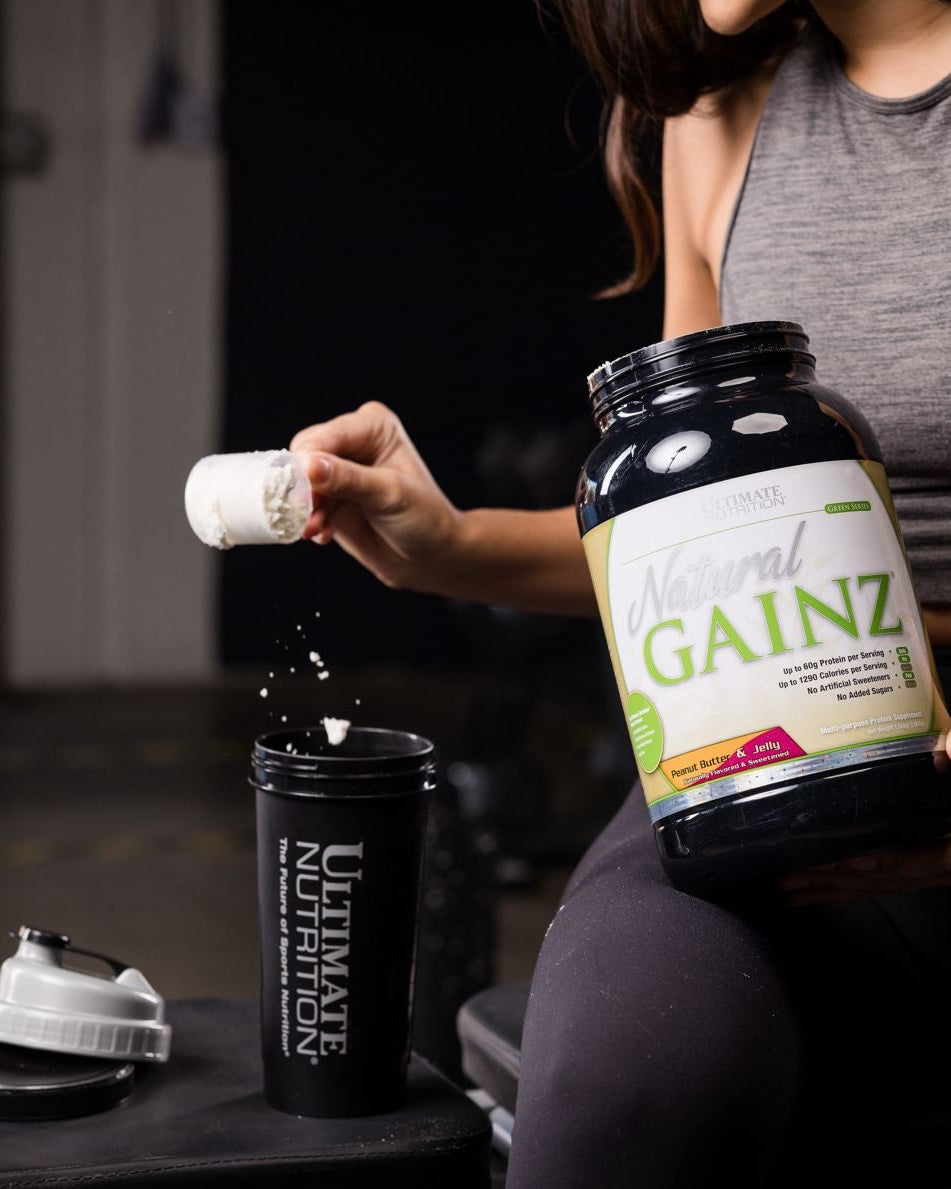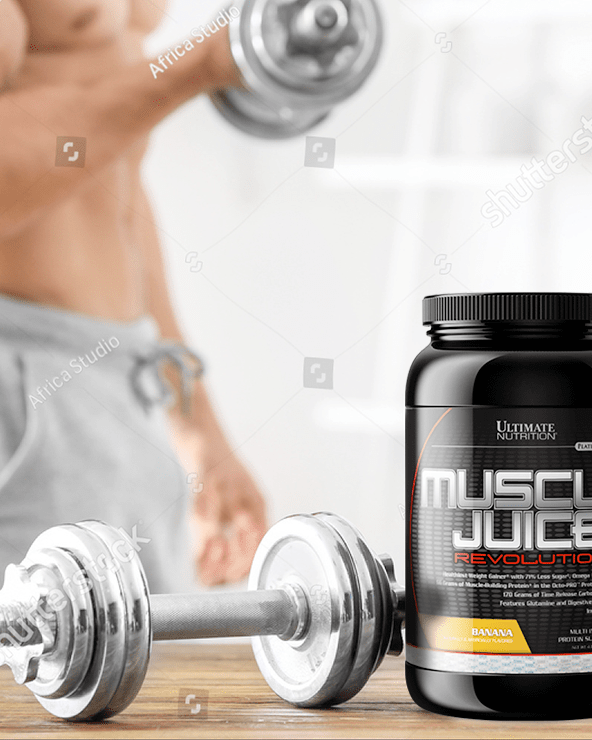Protein is a crucial component of sports nutrition, playing a vital role in muscle building, recovery, and overall athletic performance.
When it comes to protein sources, two popular options that athletes often consider are whey protein and plant protein. In this article, we will delve into the details of whey protein and plant protein, exploring their composition, benefits, and suitability for different individuals.

Understanding Whey vs. Plant Protein
To break these two components down, we’ll have to understand the function of each, and why they’re so fundamental.
What is Whey Protein?
Whey protein is derived from milk during the cheese-making process. It is a complete protein, meaning it contains all essential amino acids required by the body. Whey protein is available in different forms, such as whey protein isolate and whey protein concentrate.
Whey protein isolate undergoes further processing to remove most of the lactose, fat, and carbohydrates, resulting in a product with higher protein content.
On the other hand, whey protein concentrate retains more lactose, fat, and carbohydrates but may also contain other beneficial components such as immune-boosting peptides and growth factors.
Benefits of Whey Protein
Whey protein has many benefits. Read along for an in-depth look.
Complete Amino Acid Profile
Whey protein is a complete protein, providing all essential amino acids required by the body. This makes it a valuable resource for supporting muscle protein synthesis and repair.
Fast Absorption and Digestion
Whey protein is known for its rapid absorption and digestion rates. After consumption, the amino acids from whey protein are quickly delivered to the muscles, making it an ideal option for post-workout recovery.
Muscle Building and Recovery
The rapid delivery of amino acids provided by whey protein makes it effective in promoting muscle building and recovery. It helps stimulate muscle protein synthesis, aiding in the repair and growth of muscle tissue after intense exercise.
Leucine Content
Whey protein is particularly high in the essential amino acid leucine. Leucine plays a crucial role in muscle protein synthesis and is often considered the key amino acid responsible for initiating the muscle-building process.
Versatile and Convenient
Whey protein is available in various forms, including protein powders, making it a convenient option for individuals who require a quick and easy protein source on the go.

What are Plant Proteins?
Plant proteins are derived from various plant sources, including peas, soybeans, brown rice, and hemp.
While plant proteins are often considered incomplete proteins, meaning they lack one or more essential amino acids, combining different plant protein sources can provide a complete amino acid profile. For example, combining legumes (e.g., peas) with grains (e.g., brown rice) can create a complementary amino acid profile, resulting in a complete protein source.
Benefits of Plant Protein
Plant proteins offer numerous benefits that make them a viable option for individuals seeking alternative protein sources. Let's explore some of these benefits.
Nutrient-Rich
Plant proteins are often rich in essential nutrients, including fiber, vitamins and minerals, and phytochemicals. These nutrients contribute to overall health and well-being and are essential for optimal bodily functions.
Digestive Health
Plant proteins, particularly those derived from legumes and whole grains, are naturally high in dietary fiber. Fiber is crucial in supporting digestive health, promoting regular bowel movements, and preventing constipation.
Heart Health
Plant proteins, especially those sourced from legumes and nuts, have been associated with a reduced risk of heart disease. They tend to be lower in saturated fat and cholesterol compared to animal protein sources, making them a heart-healthy choice.
Weight Management
Plant proteins can be beneficial for weight management due to their high fiber content and lower calorie density compared to some animal protein sources. The fiber and protein combination may promote feelings of fullness and satisfaction, potentially aiding in appetite control.
Antioxidant Activity
Many plant protein sources, such as soybeans and peas, contain antioxidants that help protect against cellular damage caused by free radicals. Antioxidants have been linked to a reduced risk of chronic diseases, including certain types of cancer.
Differences Between Plant Protein vs. Animal Protein
When comparing whey protein and plant protein, several factors come into play, including protein source, amino acid profile, absorption and digestibility, and suitability for different dietary restrictions.
Protein Source
Whey protein is derived from milk, while plant protein is obtained from various plant sources like peas, soybeans, and brown rice. This difference in protein source may be relevant for individuals with specific dietary preferences or restrictions.
Amino Acid Profile
Whey protein is a complete protein, providing all essential amino acids required by the body. Plant proteins, although often incomplete, can be combined to form a complete amino acid profile by pairing different plant protein sources.
Absorption and Digestibility
Whey protein is known for its fast absorption and high digestibility, thanks to its composition of rapidly digested proteins. Plant proteins may have varying rates of digestion and absorption depending on the source and processing methods.
Suitability for Dietary Restrictions
Plant proteins are an excellent choice for individuals with dietary restrictions, such as vegans, vegetarians, and those with lactose intolerance. Whey protein, derived from milk, may not be suitable for those with lactose intolerance or those following a strict vegan or vegetarian lifestyle.
Sustainability and Environmental Impact
Plant proteins are often regarded as more sustainable and environmentally friendly compared to animal-based proteins like whey. Animal agriculture contributes to greenhouse gas emissions, deforestation, and water pollution. By choosing plant protein sources, individuals can reduce their ecological footprint and contribute to a more sustainable food system.
Personal Preference and Taste
Taste preference is subjective, and individuals may have different preferences when it comes to the flavor and texture of protein supplements. Some people find the taste of whey protein more appealing, while others prefer the taste of plant-based protein powders. Experimenting with different brands and flavors can help individuals find the option that suits their palate best.
Plant Protein vs Whey: The Final Stance
When you’re deciding animal protein vs plant protein, you can’t go wrong. Ultimately, the decision comes down to your personal preferences and dietary goals.
In general, before starting any new nutritional product or workout regimen we recommend you consult with your physician.
At Ultimate Nutrition, we offer several whey and all-natural protein supplements. For a blast of Whey, try our Prostar 100% Protein. For an excellent vegetable supplement replacement, try our Veggie Greens or our Protein Isolate 2. Supplements don’t stop there. We offer many categories, from our weight gainers to weight loss and energy.
Whichever type of protein you decide to build muscle with, we wish you an excellent fitness journey.





















